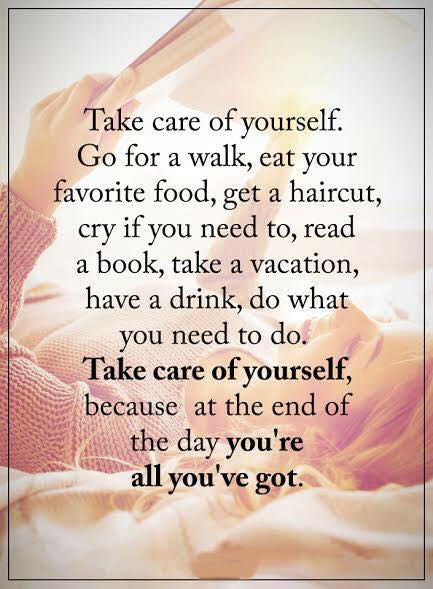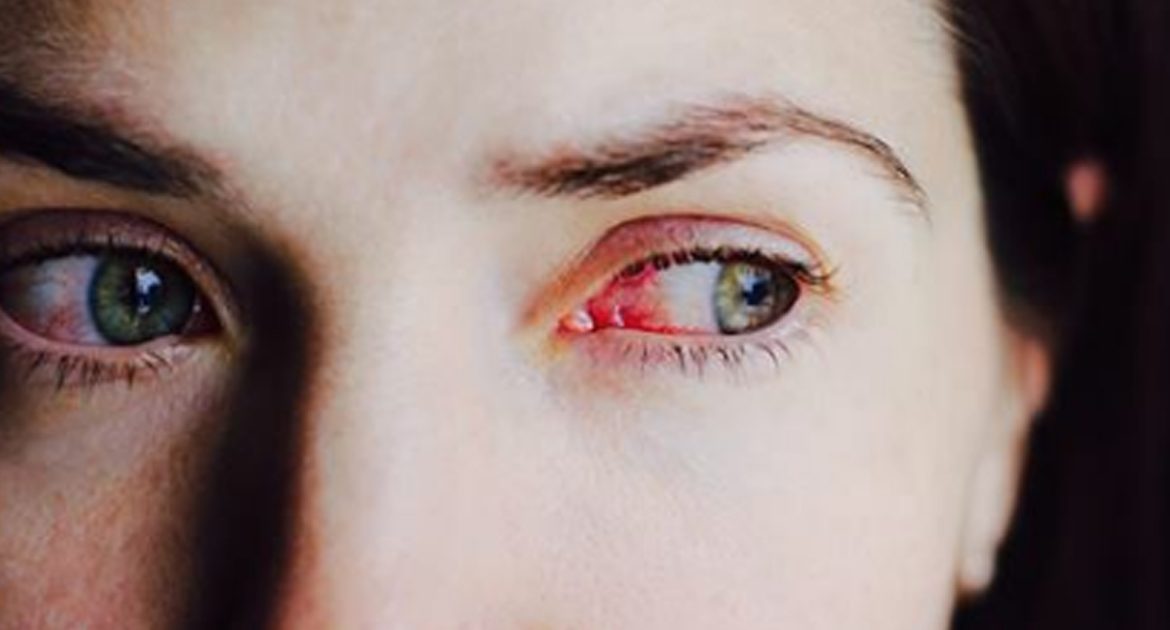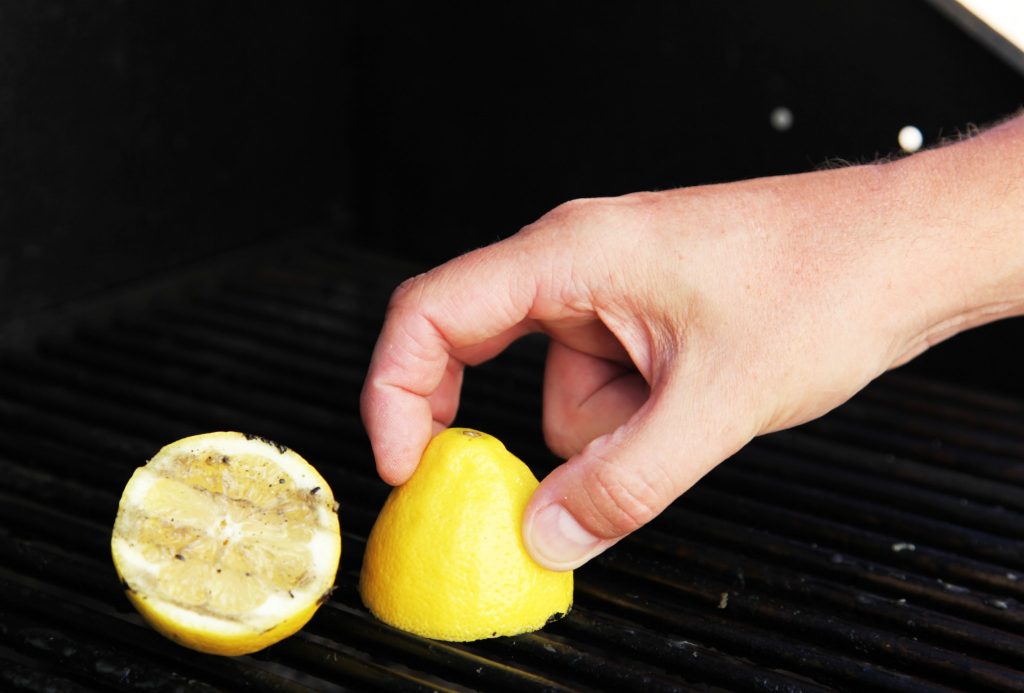“Being giving may be rooted in a kind heart, but having the ability to keep this quality comes with a rational mind. A rational mind that makes the person adept as to when to give, what to give, and to whom to give; without damaging the self and others in the long run.” – Michelle Roya Rad, “Are You a Giving Person?”
It’s fair and honest to categorize people into one of three groups: givers, takers, and those in-between. Most people fall into the third group, and there’s nothing wrong or abnormal about being a giver and a taker, so long as each action is given priority.
Then there is the minority who can be described as a “giver” or “taker.” The former group’s actions and behaviors stem from a benevolent nature; while the latter group’s primary motivations are rooted in self-interest.
Individuals with a propensity to give are warm-hearted, unselfish, and empathetic. The giving – of their time and resources – manifests into feelings of bliss and joy, both for the giver and the recipient.
We need more givers in this world – a conclusion quickly reached when we consider all of society’s problems.
Without boundaries, however, the act of giving can, in fact, become counterproductive and unhealthy. In essence, it benefits givers to balance their innate kindness with a realistic perspective.
Why is balancing the act of giving with rationality necessary? There are several reasons, but here are the important ones:
– Protects you from being taken advantage of
– Prevents self-centered people from entering your social circle
– Stops enabler-seekers from asking for “help”
– Encourages those you care (kids, siblings) for to be independent and self-reliant
– Prevents potential feelings of regret and guilt
Now, a question: do you give too much of yourself?
HERE ARE FIVE POTENTIAL SIGNS YOU MAY INDEED BE GIVING TOO MUCH:
Let’s go!
1. YOU ALMOST NEVER SAY “NO.”
The inability to say “No” can throw a wrench into your life’s “clock.” Have you ever agreed to something with a smile, yet inside you were cringing? Yeah, that would be a sign you give too much of yourself. You have a right (a right!) to say no, with or without explanation.
Do this: Keep your words short, polite and firm. (“I’m quite busy with this project. Hope you can find someone else.”)
2. YOU HAVE NO “ME” TIME.
Unfortunately, selfless acts do not stall time. We all have things to do, people to see and places to go – leaving time for a little fun and sleep.
The simple fact is we need rest and relaxation. R&R is not an option. Your brain and body must refuel and recharge to be productive and happy (it’s biology!) Do yourself a favor and schedule some “me” time. If it helps, think of R&R as body’s fuel to be your best self.
Do this: Schedule (that’s right, plan) an hour or two each day for yourself. These 1-2 hours are yours; people should know their yours, and that it’s non-negotiable.

3. YOU’RE EVERYONE’S PROBLEM SOLVER.
Say it’s 9 pm, it’s been a long day, and you cannot wait to kick your sore feet up and relax. Just as you’re ready to do so, *RINGGG*!
Next thing you know, you’re on the phone listening to Joe or Jane dwell on about their problems. Of course, you’re too polite to cut the conversation short, so you listen…and listen. After about 20 minutes, they ask for your opinion/solution.
Do this: Turn off the phone (if you can’t, ignore unnecessary calls), or have a designated quiet space. Most importantly, stop being everyone else’s therapist – you’re spread too thin already!
4. YOU HAVE MORE DRAMA IN YOUR LIFE.
For some reason, you feel an underlying sense of stress and drama – and you don’t know from where it comes. Even people who like a good scene have a certain threshold for theatrics. Now, if you’re giving too much of yourself, you will open the door for more drama.
Do this: Think of the solution as an equation. More Giving (MH) + More People (MP) = More Drama (MD), or MH+MP = MD. Do what you will with this equation, but something’s got to give!
5. YOUR HAPPINESS IS SUFFERING.
While givers get pleasure from helping others, they’re only human. Elevated levels of stress and adrenaline can result in unintended consequences, which includes alterations to the brain’s chemistry. When this happens, it ‘s hard to predict the outcome, but too often the result is anxiety or depression (or like symptoms).
Do this: Please, for your health’s sake, do not push yourself any further. Not only will your mental and physical health suffer, but you’ll be in no position to help anyone. If your symptoms persist, here are some options:
– Mindfulness or Meditation (natural and proven methods of stress reduction!)
– Start saying “No.”
– Practice deep breathing techniques.
– See a counselor or therapist (many employers have an Employee Assistance Program, or EAP, that will help you in confidence.)






